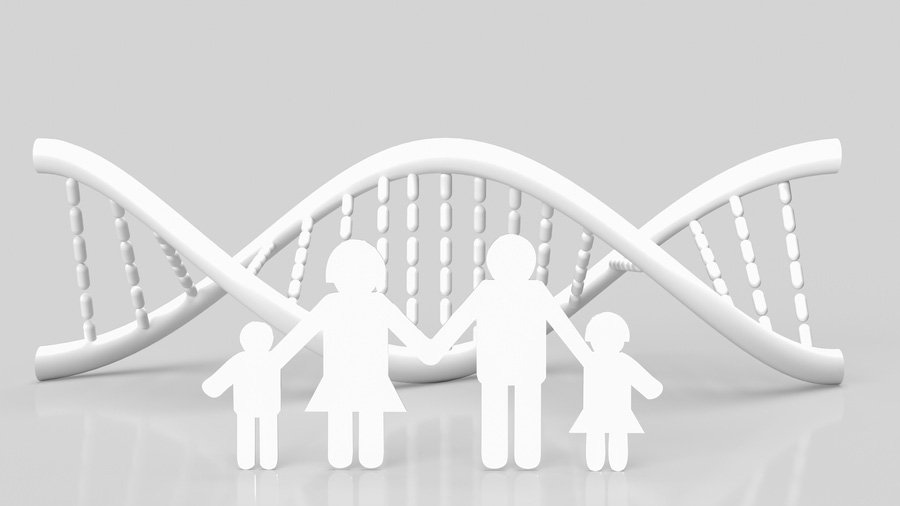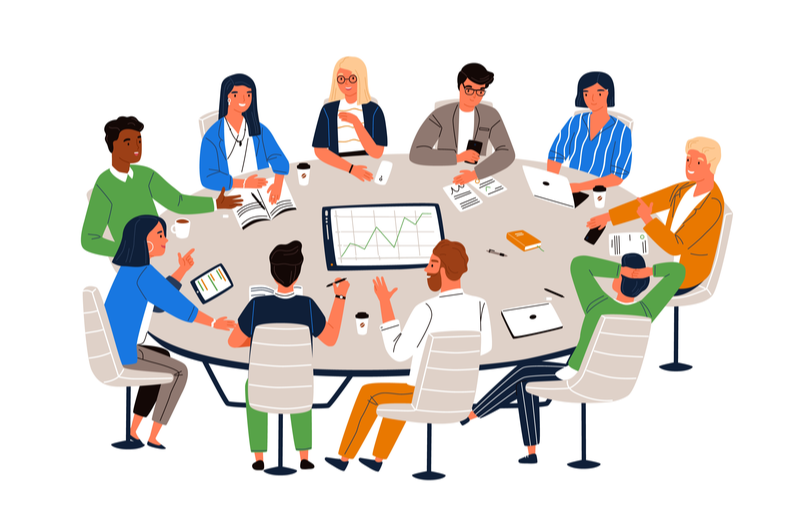As scientists have stocked up genome databases that tend to be concentrated in Europe and the United States, their DNA sequencing efforts have focused primarily on people of European descent. The result is that the medical benefits of genomics are going disproportionately to white people, while people of other ethnicities are more likely to receive inconclusive results because scientists don’t know enough about their genetic variations.
Malia Fullerton, a bioethicist and population genetics expert at the University of Washington, is trying to remedy this situation. What’s needed: more sequenced genomes from populations underrepresented in current databases; better recruitment methods for neglected or otherwise hard-to-reach patients; and a sense of urgency on the part of the research community.
Techonomy’s Meredith Salisbury spoke with Fullerton about the looming crisis of genomics-based inequality in medicine. What follows are lightly edited excerpts of their conversation.

Why don’t we have an even playing field for all groups in genomic databases?
I’m not sure that we have a definite reason. The immediate answer is that the uneven playing field is not unique or unusual to human genetics. It epitomizes almost all of the biomedical research that we do, particularly in the United States. My working hypothesis is that it’s inadvertent, but ultimately it’s structural. If we fund people to do research who are based in academic institutions, and if those institutions are themselves not in even relationships with communities in different places or people of different racial and ethnic backgrounds, then it should be no surprise that the research that we do is going to be similarly biased. Many of the people who are conducting biomedical research are themselves upper middle class, well educated, typically white. As a consequence, structurally, we are not well positioned to invite people in to be part of the research.
From your perspective as a bioethicist, how alarming is this situation?
We can sequence anyone’s genome, but we cannot make sense of everyone’s genome equally as a consequence of these biases, and that is deeply concerning. If people are not able to benefit because the reference databases are inadequate, it means some of how we are describing the promise of genomics is misleading. If we don’t fix this problem urgently, we risk losing the trust of all groups. People are going to begin to question whether this technology is really as important and great as everyone says it is. We’ve got to start believing that it’s an incredibly important problem that deserves higher priority than almost anything else that we’re doing right now in human genetics.
Some groups are reluctant to participate in research because of historical mistreatment, such as the Tuskegee syphilis studies. How do we overcome that?
You don’t do what I think we tend to want to do, which is to say, ‘That was then and this is now; We’re different.’ It’s much more important to acknowledge that there have been past abuses and that the well-meaning research community did things wrong. We own those mistakes and we have got to do better. Having community voices at the table needs to be part and parcel of the process — bringing people from all different walks of life into the practice of genetic science.
How do we address the challenge?
Acknowledging that “business as usual” is going to get us more of the same. We need to be doing outreach and recruitment and engagement differently. We must think much more deliberately about reciprocity and what we owe research participants. The way this gets cast is in the context of giving people individual research (typically genetic) results; we might learn things about people’s future disease predispositions, so we owe it to them to offer that to them. I’m not sure it’s all we can do or even that it’s the best thing we can do. We can give back educational opportunities — giving people information about genetics and family health history and how it might pertain to disease risk, talking more generally about genetic predispositions and how they interact with environmental and social factors. Not all people are going to have the wherewithal or access to healthcare resources to act on individual results.
How close are we to having a solution to this problem?
Given the kinds of data that are currently available, there is still quite a long way to go. There are many research initiatives that are underway, particularly in the United States, which are really aiming to rectify imbalances. They are making advanced genomic information available for people from diverse racial and ethnic backgrounds. Still, the numbers of samples involved in these newer projects are quite low. They are doing a good job but they are starting so far back it will take a while to catch up. That’s okay. Every journey begins with single steps.


















